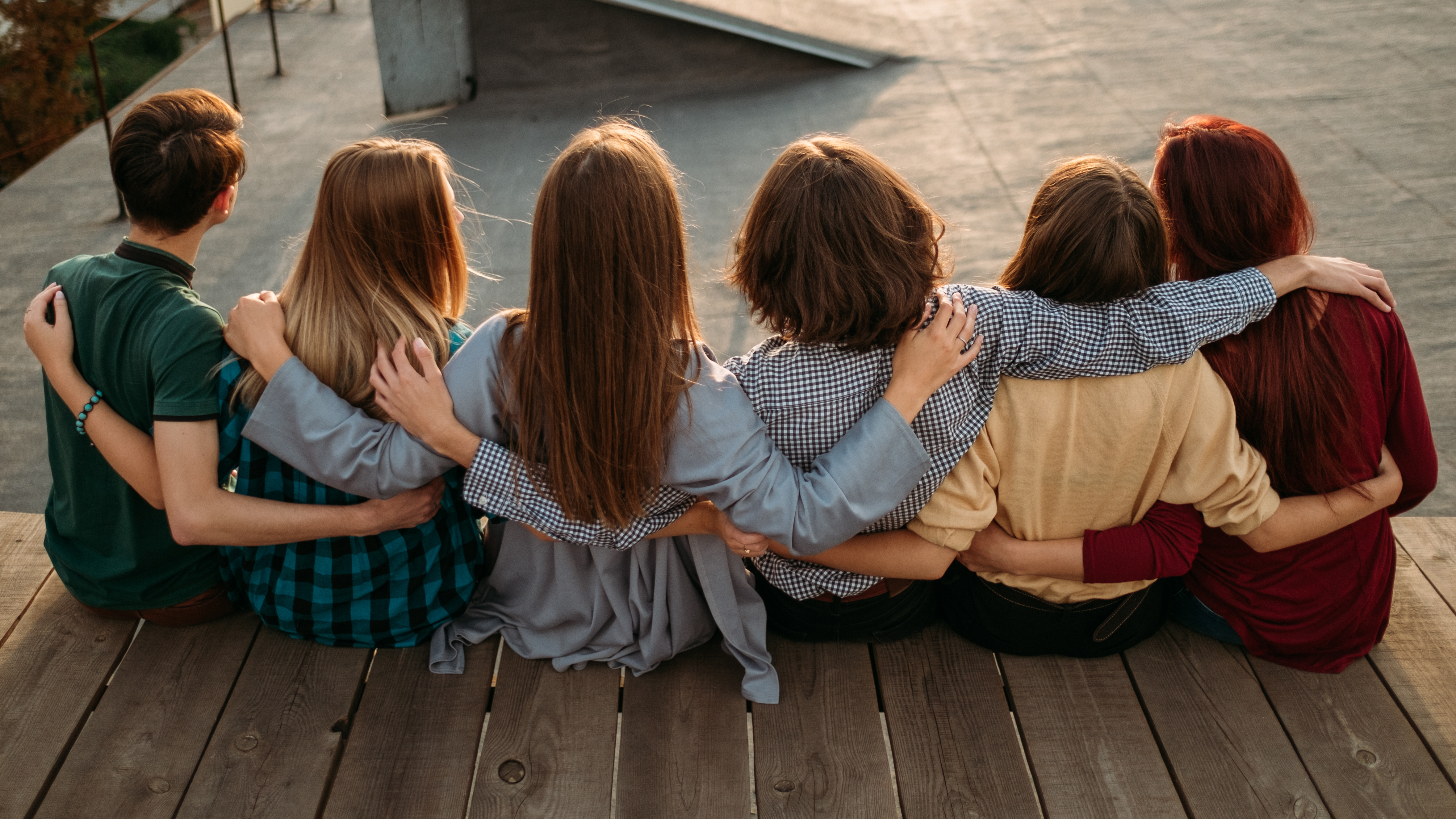Why do teenagers drink or use drugs?
Some teens drink and use drugs. Maybe your friends or other people at school do it. Maybe you do it.
- Because they’re curious about what it feels like and what all the fuss is about
- To feel good, relieve stress, or find an escape from worries or problems
- Because everyone else is doing it
- To party, to loosen up, or become less inhibited
- To feel more grownup
What is alcohol?
Alcohol is a depressant. It slows down your brain function and the messages passed between your brain and your body. This changes your emotions, movement, vision, hearing, and memory and makes you "drunk".
Too much alcohol poisons your body and is really dangerous. It can make you vomit, lose consciousness, have trouble breathing, have a seizure, or even die.
In Canada, it is illegal to buy or drink alcohol under the age of 19 (18 in Quebec, Manitoba and Alberta).
What are drugs?
Drugs are chemicals that change the way your body works. They include any medications you take to treat cancer. These are drugs you get with a prescription from a doctor for a medical problem. These are helpful drugs.
Other drugs such as ecstasy, cocaine, LSD, amphetamines, mushrooms, crystal meth or heroin are street drugs. They’re illegal and not helpful. Other street drugs come from people with prescriptions who sell their medications (such as pain killers, ADHD medications or sedatives) instead of taking them. Street drugs are addictive and can be dangerous.
In Canada, it is legal for adults older than 19 years of age to use and possess certain amounts of marijuana. It is illegal for anyone younger than 19 to use marijuana.
Ultimately, the only person who decides whether you drink or use drugs is you. Here’s what you need to know to make a smart decision.
Know the facts
- Drugs and alcohol change the way your brain works and make it harder to think clearly and make safe decisions. When you can’t think clearly, you’re more likely to do something you’ll regret, such as have unprotected sex or get in a car with a drunk driver.
- Drugs and alcohol aren’t good for anyone, but they’re even worse for a teenager who is still growing and developing. Alcohol and drugs can damage your brain, heart, and other organs. These same organs can be damaged by some cancer treatments as well. All the damage adds up!
- Alcohol and drugs are processed by your liver and kidneys, which also process cancer drugs. That’s a lot of work for those organs and you only have one set for the rest of your life!
- Drugs and alcohol are psychologically (your mind) and physically (your body) addictive. The more you use them, the more you need them.
- Ever heard of a "bad trip"? If you’re in a bad head space, or have a lot of stress, using alcohol and drugs can bring up a lot of emotions. They can make you panic, feel paranoid, or just out of control.
- There is no guarantee that street drugs are pure, safe, or reliable. They may be cut or mixed with dangerous substances such as household cleaners that are really bad for your body and brain.
- Using drugs or alcohol makes you less able to do well in school, sports, and other activities. This impacts where you’ll go in the future and how you feel about yourself.
- Street drugs and under-age drinking are illegal! If you’re caught, you’ll be charged. You may be fined or even go to jail.
- You know cancer drugs have side effects. So do alcohol and street drugs. They can also make the side-effects and late effects of cancer treatment worse. For more info, look up the effects of different drugs on your body.
Now that you have the facts, it’s time to ask yourself: Is it worth it?
If you still decide to use drugs or alcohol, follow these recommendations to lower your risks.
- Only do it around people you trust – never alone or with people you don’t know.
- Know your limits!
- Make a plan beforehand, while you’re sober. The plan should include how much you’re going to have, where you’re going to go, who you’ll be with, and how and when you’ll get home.
- Never get in a vehicle with a driver who has been drinking or has used drugs. If you choose to drink alcohol or use drugs, do not drive yourself or others.
- Designate someone in your group to stay sober, even if they’re not driving. They’ll be able to think clearly if you can’t.
- Using drugs or alcohol can lead to risky sexual behavior. Decide beforehand what you’re comfortable with and what you’re not. Tell your boyfriend or girlfriend or the friends you’ll be with. They can help you stay safe and avoid doing something you’ll regret.
- Make sure someone knows where you are at all times!
If you think you may have a problem with drugs or alcohol, talk to your health-care team. They can connect you with the help you need. Addictions are not something you can handle by yourself.
Natural highs
You don’t need to take drugs or alcohol to experience a high. In fact, drugs are addictive because they mimic the body’s natural feel-good response. There are lots of things that can make you feel good and are good for you like laughing really hard, staring up at a night sky full of stars, or scoring a goal in your favorite sport.

